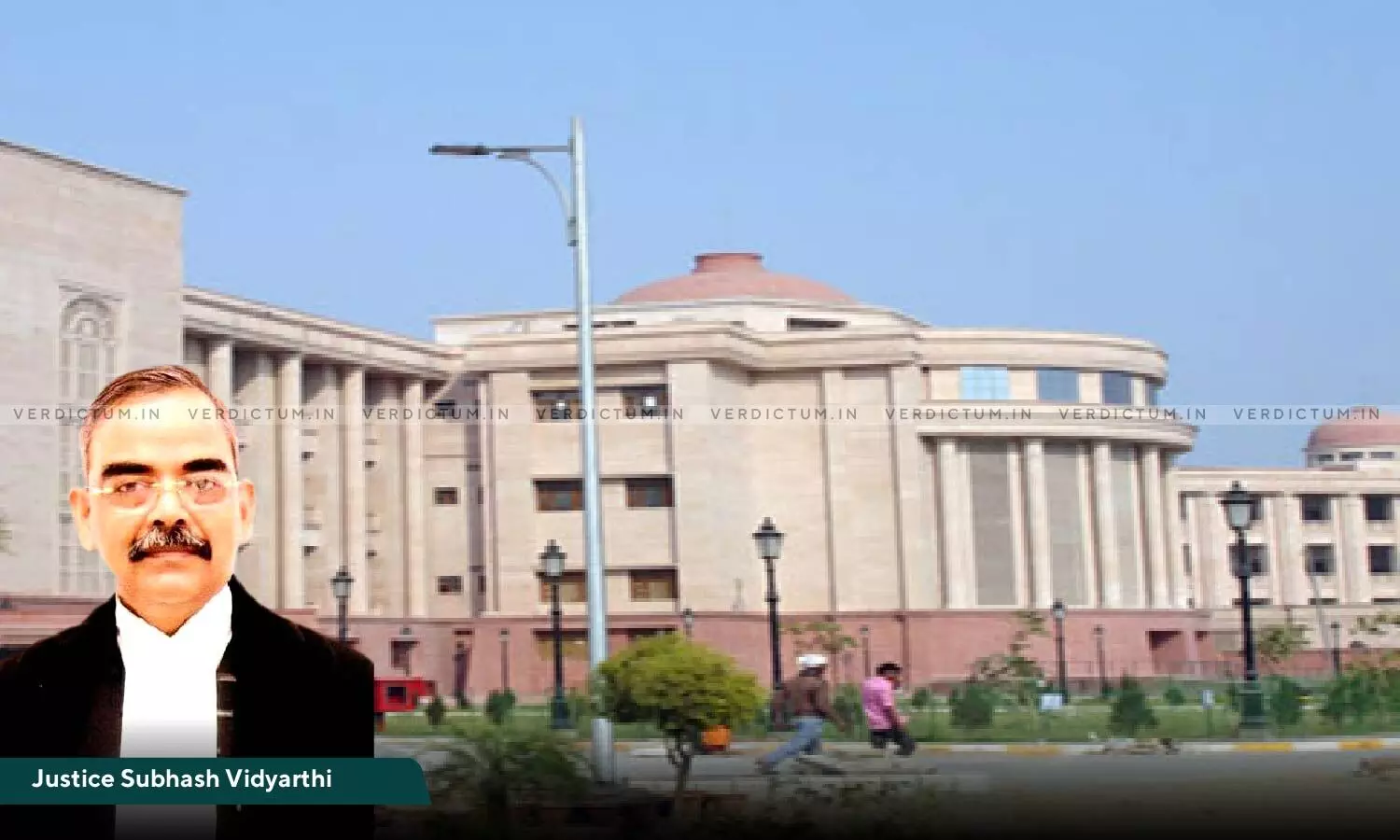
Stamp Authorities Are Not Empowered To Order Recovery Of Any Deficiency In Payment Of Registration Fee Under Indian Stamp Act: Allahabad HC
 |
|The Allahabad High Court observed that there is no provision in the Indian Stamp Act that empowers the stamp authorities/Collector of Stamps to order recovery of any deficiency in payment of the registration fee.
The Court set aside recovery proceedings under Section 47-A of the Indian Stamp Act, 1899 (the Act) which were instituted on the basis of notice alleging deficiency in stamp duty on sale deeds executed in favour of the petitioner, which also was set aside.
A Single Bench of Justice Subhash Vidyarthi observed, “Further, there appears to be no provision in the Indian Stamp Act, 1899 empowering the authorities to order recovery of any deficiency in payment of registration fee and in absence of any statutory provision, the authorities cannot passed any order for recovery of deficiency of registration fee in proceedings instituted under the India Stamp Act.”
Advocate Amrendra Nath Tripathi appeared for the petitioner, while Standing Counsel Hemant Kumar Pandey represented the respondent.
The petitioner had challenged the order of the Additional District Magistrate (Finance and Revenue). The order was based on notices alleging a deficiency in the payment of stamp duty on two sale deeds executed in her petitioner’s favour. The order imposed a penalty for a deficiency in payment of stamp duty and in registration fees for the sale deeds.
The petitioner submitted that the sale deeds were executed by an impostor, leading her to file an FIR under Sections 419, 420, 467, 468, 471, and 120-B of the IPC. A charge sheet was also filed. The petitioner also filed a civil suit for the cancellation of the sale deeds, which was decreed based on a compromise with the true owner of the property. Following this, she applied for a refund of the stamp duty, after which the notices were issued.
The petitioner submitted that the notices merely stated that “it has come to light that there is a deficiency in payment of Stamp Duty in the sale deeds.” It was argued that nothing else was stated in the notices regarding the basis of satisfaction that there was a deficiency in payment of stamp duty. The petitioner contended that the notice did not even mention the amount of deficiency in payment of stamp duty or any other particular.
Since the proceedings were instituted on the basis of the notice which did not contain any factual averment to make out a deficiency in payment of Stamp Duty, the High Court noted that “it does not serve any purpose, as in absence of the particulars in the notice, the noticee cannot submit a proper reply to the notice.” The Bench further noted that the notice “does not even disclose the amount of deficiency, the date of sale deed or any other particular of instrument.”
“Moreover, the impugned orders refer to an inspection of the property in question having been carried out by the authorities, but there is nothing on record to establish that the inspection was carried out after giving notice to the petitioner,” the Court remarked.
Consequently, the Court set aside the notice alleging deficiency in stamp duty on sale deeds executed in favour of the petitioner and observed, “Without going into any further factual details, as this Court has come to a conclusion that the proceedings have been instituted on the basis of the notices, which are not sustainable in law, all the proceedings held in furtherance of the two notices dated 07.10.2022 and the orders passed therein are unsustainable in law and are liable to be set aside.”
Accordingly, the High Court allowed the petition.
Cause Title: Bindu Singh v. State of U.P. & Ors. (Neutral Citation: 2024:AHC-LKO:68921)
Appearance:
Petitioner: Advocates Amrendra Nath Tripathi and Sant Prasad Singh
Respondents: Standing Counsel Hemant Kumar Pandey